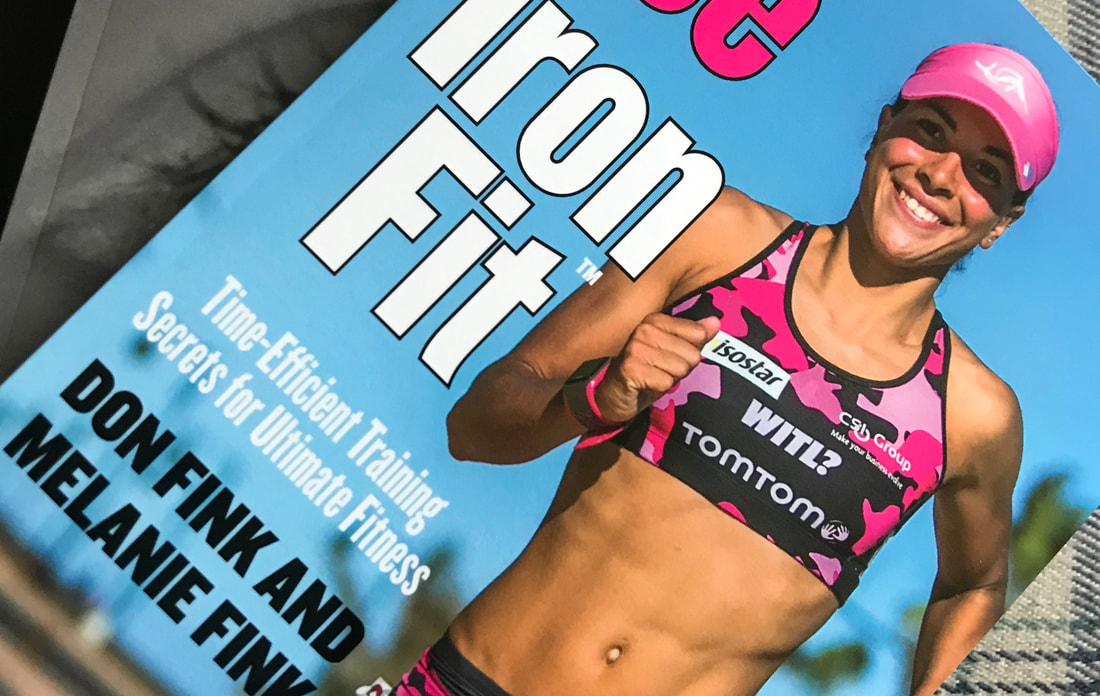|
I should start by pointing out the trouble is with me, not you…
Whilst giving cycling coaching presentations, I’ve often been posed questions by triathletes about their training that I’ve not felt fully qualified to answer - particularly in relation to ultra or Ironman distances. I’m entirely comfortable coaching somebody to ride a 112 or 200 mile bike race, and I’ve coached a rider to complete the route of the Tour de France. However, that’s not after a swim and before running a marathon. I don’t know enough about the bio-mechanical, physiological and psychological demands of the non-cycling events or how they interact with each other in a triathlon sequence to comment with any real authority. I can swim a bit, but I run like Phoebe from 'Friends'. To plug some gaps in my knowledge, I took the chance to sit down with a few Ironman distance triathletes in Mallorca recently to try to understand a little more about how they fit training around their everyday responsibilities of life, family, work etc. A few anecdotes I picked up…
From this I’ve observed
In conclusion I'm beginning to understand why I get asked so many questions but triathletes – anything that’s going to make training more effective means you save time and energy. However, there’s only so much cycling you can fit to a program that involves two other sports and you don’t need me to tell you to do a couple of 45 min spins on the turbo at Z2 in the week and a long ride at 65-75% of FTP because you already know that. Conversely you could probably save yourself a chunk of time on the bike leg by concentrating on technique and getting more aero – there I really could help but, have you got the time? Comments and observations very welcome
0 Comments
Leave a Reply. |
AuthorThe ramblings of a cycling coach... Archives
May 2024
Categories |
|
© COPYRIGHT 2022. ALL RIGHTS RESERVED.
|

 RSS Feed
RSS Feed
